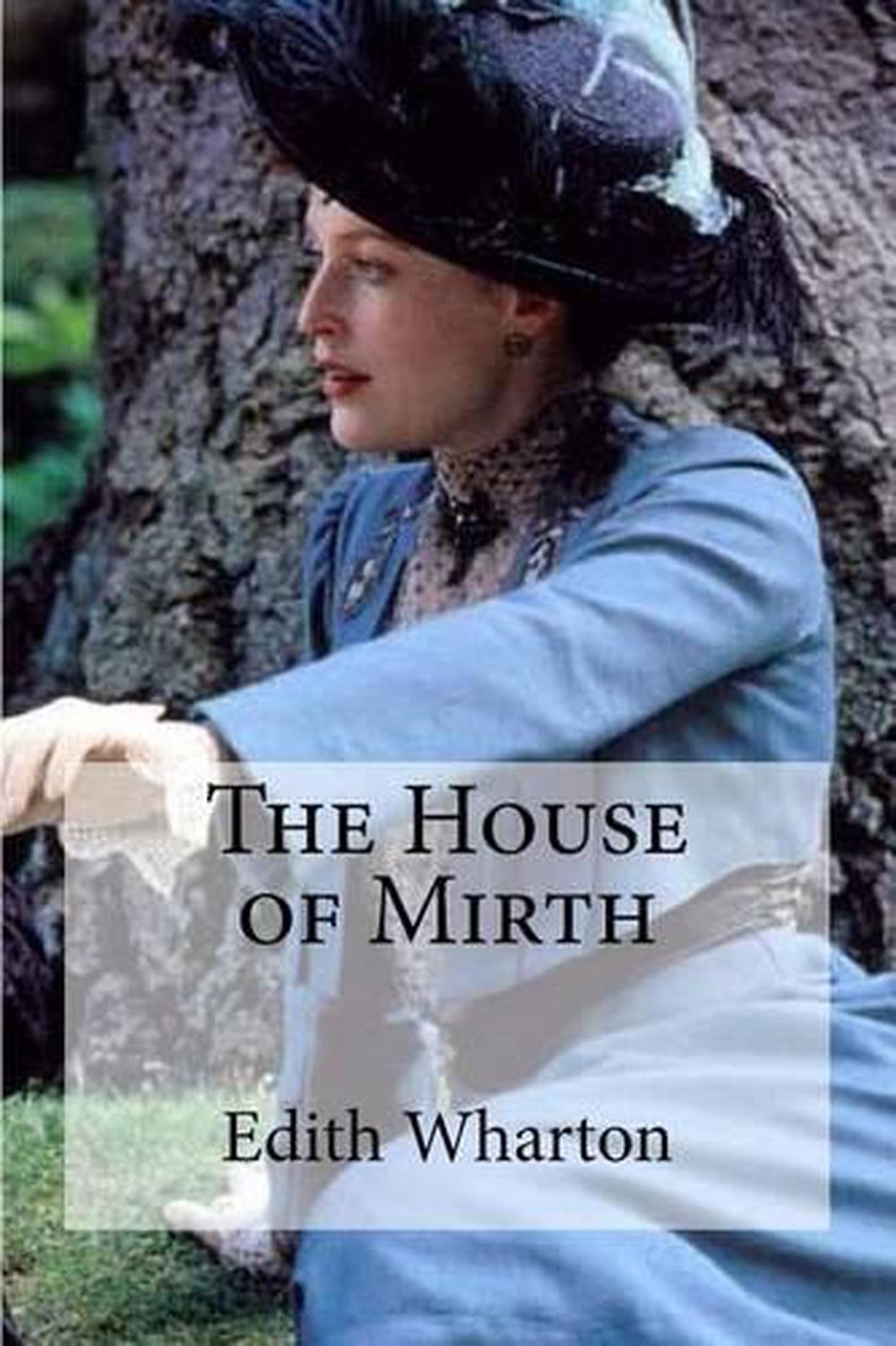
“After a lengthy pause, I said: ‘Hickory, dickory, dock, the mouse ran up the clock. “I thought the situation utterly stupid and absurd,” he writes. But his tolerance for bullshit was low, and he proudly recounts a cattle call on Broadway where he asked to say something from the stage. In spite of-or perhaps because of-this inborn cynicism and disdain, Brando’s explosive talent and beauty powered him through. “Acting, not prostitution, is the oldest profession in the world,” he writes. But he claims he didn’t take it seriously, a point he tediously reiterates throughout Songs My Mother Taught Me. In 1944, Brando landed on Broadway in I Remember Mama. I hated authority and did everything I could to defeat it by resisting it, subverting it, tricking it and outmaneuvering it.”Īs the rest of the students ran around the room clucking and flapping their arms, Bud just sat there. “I did my best to tear the school apart and not get caught at it,” he writes, in what could be a manifesto for his life. After being fired as a teenage usher in a movie theater for refusing to wear a shirt under his hot jacket, he stuffed the air conditioning system with rotten broccoli and limburger cheese.įed up with the sixteen-year-old Brando’s bad attitude, his father sent him to his alma mater: the Shattuck Military Academy in Faribault, Minnesota.


Obsessed with rhythm, he wanted to become a drummer, and became a self-proclaimed master of “pranks,” which he brags about with juvenile relish. “I was the bad boy of the class and had to sit under the teacher’s desk,” he recalls, “where my primary activity was staring up her dress.”Īs the family moved around, ending up at a farm in Libertyville, Illinois, the increasingly angry, defiant Brando was left to his own devices.

Called “Bud” by his family, the sensitive, curious Brando was already acting out in kindergarten due to his unstable family life.


 0 kommentar(er)
0 kommentar(er)
